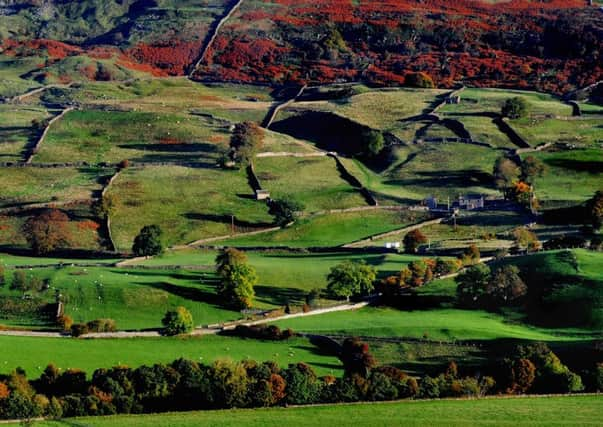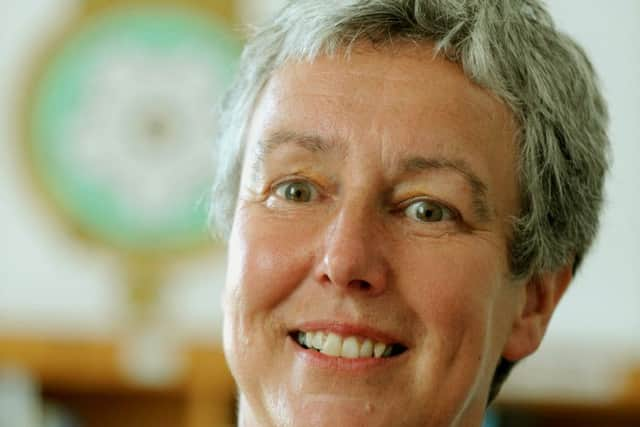Yorkshire farmers eased out of land deals as entrepreneurs gain foothold


Around a quarter of all sales of rural land over the past six months have been to non-farmers - up from just 10 per cent in the first half of last year.
Buyers include individuals launching businesses from their homes, with property developers accounting for only two per cent of rural land sales in the region in the same period.
Advertisement
Hide AdAdvertisement
Hide AdThe findings also reveal that farmers have shied away from pursuing additional land, with low farm gate returns having taken their toll on farmers’ spending powers over the last 12 months. As a result, only 59 per of rural land sales were to individual farmers, down from 69 per cent a year earlier.


In a sign of just how farmers’ spending has been affected by the downturn, a diminishing majority are striking deals at a time of falling land values. The average cost of an acre of pasture land dropped from £7,500 during the first half of 2015, to £6,500 in the final six months of the year.
The findings have been published today by RICS (the Royal Institution of Chartered Surveyors) and the Royal Agricultural University.
Lower land values may present an opportunity for some, but chartered surveyor Sam Johnson, an associate at Carter Jonas in Harrogate, urged caution.
Advertisement
Hide AdAdvertisement
Hide AdHe said: “Purchasers are becoming increasingly discerning on the back of growing supply and more land coming forward for development.”


Simon Rubinsohn, RICS’s chief economist, believes pasture land will increasingly fall into the hands of non-career farmers as the region’s urban property prices continue to rise.
He said: “Already, a quarter of countryside land in Yorkshire and Humber is being purchased by non-farmers - lifestyle buyers or hobby farmers - throw all these factors into the mix and this trend is set to rise.”
The current market trends could provide a welcome economic boost to rural communities however, said RICS’s head of policy, Jeremy Blackburn.
Advertisement
Hide AdAdvertisement
Hide Ad“Market conditions appear to be encouraging a wave of new types of rural business, and help must be given to support this trend further if our countryside communities are to thrive.”
Mr Blackburn added that RICS was working with the Fresh Start Land Enterprise Centre towards a pilot ‘matching service’. This will pair entrepreneurs who have land to let with new entrants to farming, to avoid traditional agricultural ventures being sidelined.
The Country Land and Business Association’s regional director, Dorothy Fairburn, agreed that increased land availability will encourage more rural start-ups, but she warned that there was still work to do to create conditions that allow enterprise to flourish in the countryside.
“Rural businesses are often overlooked. We are the Cinderella of the UK economy. The CLA is urging government to create a more level playing field between rural entrepreneurs and their urban counterparts by focussing on improvements to digital connectivity, the planning system, devolution deals and rural housing, which will continue to be squeezed with such low levels of property development.”